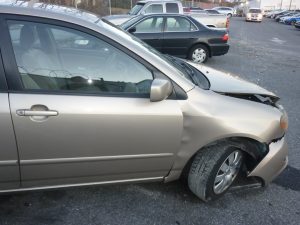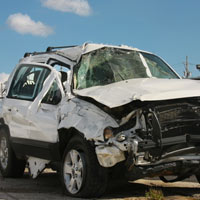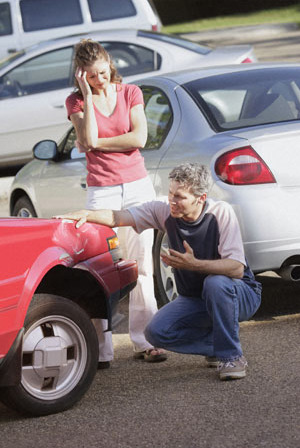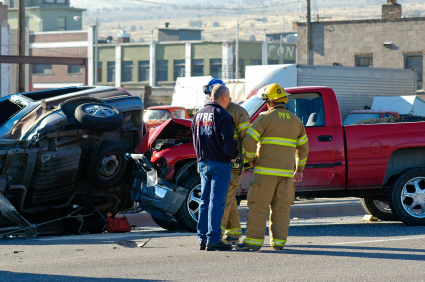WHY SHOULD I USE MY INSURANCE WHEN I WASN’T AT FAULT?
 Insurance is an interesting thing. You pay regularly (monthly, or semi-annually) to protect your family when they get hurt, and to protect other people that you may accidentally hurt. However, many of our clients are steadfast in their efforts to avoid using their own car insurance at any cost, fearing an increase in their insurance rates. What’s the point of having insurance if you don’t use it when you need it?
Insurance is an interesting thing. You pay regularly (monthly, or semi-annually) to protect your family when they get hurt, and to protect other people that you may accidentally hurt. However, many of our clients are steadfast in their efforts to avoid using their own car insurance at any cost, fearing an increase in their insurance rates. What’s the point of having insurance if you don’t use it when you need it?
We understand the gut reaction—if I wasn’t at fault, why should my insurance pay? There are three situations where you should go through your insurance policy. Most importantly, you should know that your insurance company is not allowed to raise your premiums when you take advantage of these policies.
Personal Injury Protection (PIP)
 Maryland Car Accident Lawyer Blog
Maryland Car Accident Lawyer Blog


 When an auto case settles, or after the judge or jury give a verdict in your favor, the insurance company will send your lawyers a check. Your lawyers will ask your permission to sign your name to the check, and they will deposit it in an escrow account. The escrow account is one of the safest, most regulated parts of lawyering. Lawyers can lose their ability to practice law if they don’t handle the escrow account exactly right. It is a near-sacred duty to the client.
When an auto case settles, or after the judge or jury give a verdict in your favor, the insurance company will send your lawyers a check. Your lawyers will ask your permission to sign your name to the check, and they will deposit it in an escrow account. The escrow account is one of the safest, most regulated parts of lawyering. Lawyers can lose their ability to practice law if they don’t handle the escrow account exactly right. It is a near-sacred duty to the client. Payment of your medical bills is an important issue in a Maryland automobile collision case. There are a few possibilities:
Payment of your medical bills is an important issue in a Maryland automobile collision case. There are a few possibilities:
 Maryland has a rule called collateral source. This is an important part of making sure auto accident victims get full value for their claims. It is the reason that accident victims can recover for medical expenses and lost wages through their personal injury protection (PIP) insurance (see our
Maryland has a rule called collateral source. This is an important part of making sure auto accident victims get full value for their claims. It is the reason that accident victims can recover for medical expenses and lost wages through their personal injury protection (PIP) insurance (see our  We recommend that all of our clients get as much Personal Injury Protection (PIP) insurance as they can–it’s inexpensive, and it makes a huge difference in your Maryland auto accident case.
We recommend that all of our clients get as much Personal Injury Protection (PIP) insurance as they can–it’s inexpensive, and it makes a huge difference in your Maryland auto accident case.